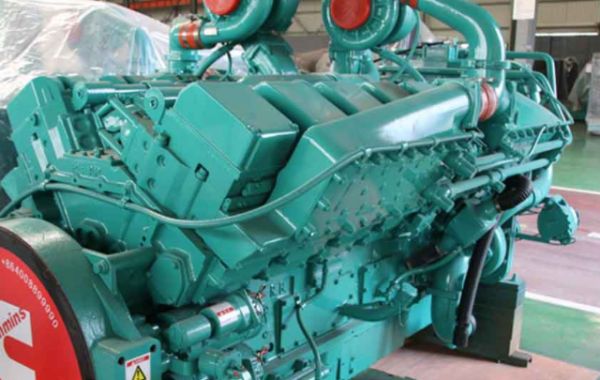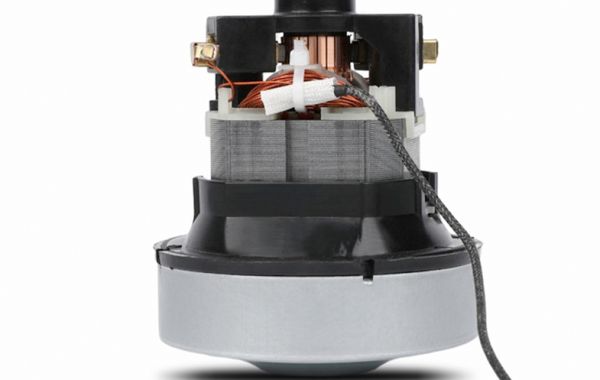Common Causes of Starting Issues in Old Diesel Engines
Older diesel engines can be stubborn when it comes to starting, especially after years of use or in tough environmental conditions. Understanding the root causes behind these issues is essential for troubleshooting and maintaining reliable performance. Here are the most common culprits:
1. Weak or Dead Battery
The battery plays a critical role in starting any diesel engine, supplying the electrical power needed to crank the engine and initiate combustion.
In cold weather, a battery’s efficiency drops significantly. Low temperatures reduce its capacity to deliver sufficient current, especially if the battery is old or worn out. A weak battery may cause the engine to turn over slowly—or not at all—making it one of the most frequent reasons for starting failure.2. Fuel System Problems
Fuel-related issues are another frequent cause of hard starts, especially in older engines that may sit unused for long periods.
Over time, diesel fuel can deteriorate, forming sludge, varnish, and sediment that clog fuel filters, lines, and injectors. These blockages restrict fuel flow, disrupting the combustion process and making the engine difficult to start.
3. Mechanical Wear and Tear
Aging engines naturally experience internal wear from thousands of hours of operation. This wear affects critical components such as the starter motor, glow plugs, injectors, and fuel pump.
As these parts degrade, they become less efficient and require more effort to start the engine. Increased internal friction and reduced compression are also common in older engines, further contributing to starting problems.
4. Cold Weather Effects
Low temperatures are particularly harsh on diesel engines. Not only do they reduce battery output, but they also cause diesel fuel to thicken or gel, making it harder to flow through the system.
In freezing conditions, clogged fuel lines or filters from gelled fuel can completely prevent the engine from starting. Without proper cold weather precautions, starting a diesel engine in winter becomes a serious challenge.
Common Starting Symptoms in Old Diesel Engines
When a diesel engine refuses to start properly, it often exhibits warning signs. Recognizing these symptoms can help pinpoint the cause and guide your troubleshooting process:
1. Engine Cranks but Doesn’t Start
If the engine turns over but doesn’t fire up, the starter motor is likely working, but the combustion process is not. This is often a result of issues in the fuel system, glow plug malfunction, or weak battery voltage.
2. Engine Won’t Crank or Cranks Slowly
When you turn the key and nothing happens—or you hear the engine struggling to turn—it points to a problem in the starting circuit. The most likely causes include a dead battery, faulty starter motor, or poor electrical connections.
3. Excessive White or Black Smoke
Seeing smoke during startup is not unusual for diesel engines, but excessive white or black smoke is a red flag. White smoke typically indicates unburnt fuel due to low compression or glow plug issues, while black smoke may suggest an overly rich fuel mixture or clogged air filters. In either case, the engine is not achieving efficient combustion.








